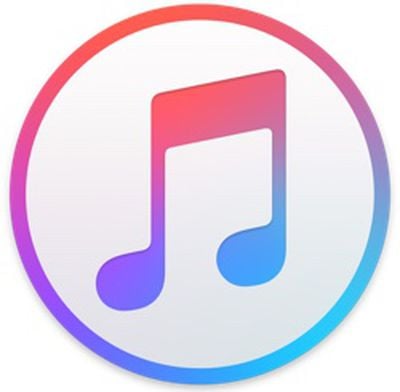 A German court today ruled Apple has violated several streaming digital video patents belonging to software maker OpenTV, reports Reuters. OpenTV first filed a lawsuit against Apple in 2014 in Dusseldorf, Germany, and followed that up with a U.S. lawsuit in May of 2015.
A German court today ruled Apple has violated several streaming digital video patents belonging to software maker OpenTV, reports Reuters. OpenTV first filed a lawsuit against Apple in 2014 in Dusseldorf, Germany, and followed that up with a U.S. lawsuit in May of 2015.
OpenTV, a wholly owned subsidiary of The Kudelski Group, says Apple services like iTunes and Apple devices like iPhones and iPads infringe on its patents related to the secure delivery of media content to consumer devices.
Apple has been ordered to cease selling products that use software infringing on the OpenTV patents in Germany.
OpenTV sued Apple in 2014, alleging that various products infringe its patents, including the iPhone and iPad. The ruling on Tuesday from the Dusseldorf District Court said Apple products sold in Germany must not use streaming software which infringes OpenTV's patents. [...]
"The claim is predominantly valid and well-founded," the Dusseldorf court said in its ruling on Tuesday.
Founded in 1994, OpenTV was one of the first providers of software, advertising products, and operating systems used on millions of television set-top boxes. Its current flagship product is OpenTV, a broadcast and digital television platform that runs on set-top boxes around the world.
Apple could not be reached for comment and it is not clear if an appeal will be filed. Apple's civil suit in the United States has not yet been resolved.























Top Rated Comments
Patently Apple wrote a long piece last year detailing the pioneering background of OpenTV, and about its patents in the lawsuit:
http://www.patentlyapple.com/patently-apple/2015/05/extensive-report-open-tv-sues-apple-over-content-streaming-as-part-of-an-interactive-television-system-more.html
They license them, something Apple will also have to do.
Then you'd be unlike the companies behind this lawsuit, who have been creating software for e.g. set top box makers for decades.
I think Google actually got a license to use these patents as part of a cross-licensing deal ('https://www.nagra.com/media-center/press-releases/kudelski-group-and-google-enter-patent-cross-license-agreement') with Kudelski.
Netflix should be licensed too ('https://www.nagra.com/media-center/press-releases/kudelski-group-and-netflix-enter-long-term-business-relationship-and').
[doublepost=1458227278][/doublepost]The patent itself has a lenghty description and all of its 22 claims available in English. If you actually read it you'll quickly realise that it's a very specific patent.
Again, evaluating a patent's "vagueness" simply cannot be done without actually reading all of it: the patent's name or a short description are not enough.
I did read this is the time where Apple will be losing cases brought by companies who's parents they use without license.
So Apple has been ordered to stop selling the majority of its devices and services in Germany, right before a new iPad launch. They best get that cheque book out then if they don't appeal.
But still, a patent for securely delivering media to consumer devices? It should be too vague to be accepted as a patent...